The Paralympics has introduced new rules requiring athletes with Olympic rings tattoos to cover them during official events.
The Paralympic Games, known for celebrating the incredible achievements of athletes with disabilities, has introduced a significant change regarding tattoos.
The new rules, which impact athletes with Olympic rings tattoos, have recently stirred discussions and concerns within the sporting community.
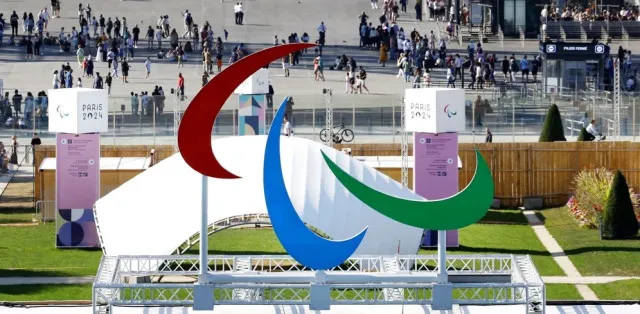
Paralympics issues new rules for athletes with Olympic ring tattoos
As the 2024 Paralympic Games approach, a significant change has been announced regarding athletes with tattoos of the Olympic rings.
Previously, athletes displaying these tattoos faced strict regulations that could lead to penalties, including disqualification.
However, the International Paralympic Committee (IPC) has decided to drop this controversial rule.
The Paralympics, set to begin with the opening ceremony in Paris, will welcome around 4,400 athletes competing in various sports.
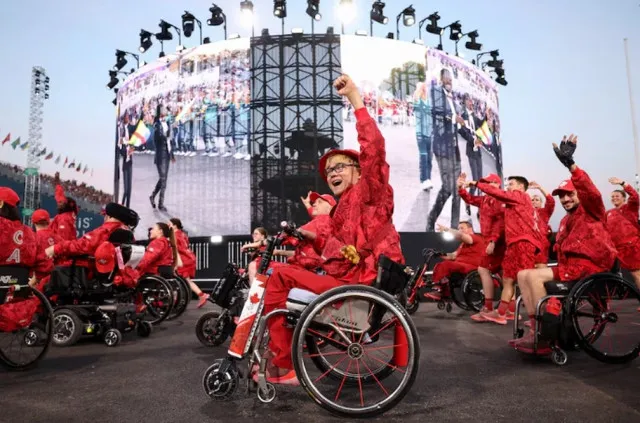
These games hold great importance not only for athletes but also for promoting awareness and inclusion in sports.
The IPC’s recent decision aims to create a more accepting environment for all participants.
This is especially true for those who have expressed personal connections to the Olympic rings through tattoos.
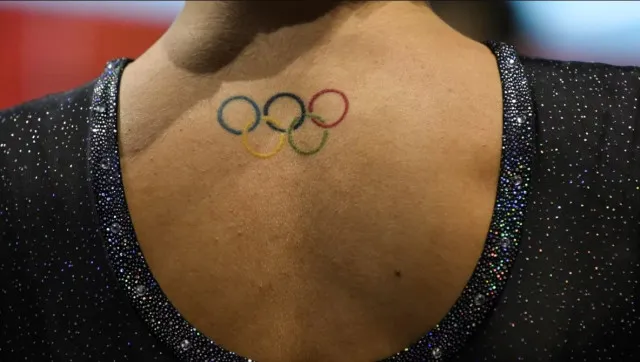
Athletes with Olympic ring tattoos will no longer need to cover their Olympic ring tattoos.
Historically, the IPC enforced regulations against what it termed “body advertising.”
This included the Olympic rings, as the two events are organized by different bodies which were IPC and the IOC.
The rationale behind the rule was to maintain clarity regarding the branding of the Paralympics.
In 2016, the IPC noted that such tattoos could confuse the public’s understanding of the Paralympic brand.
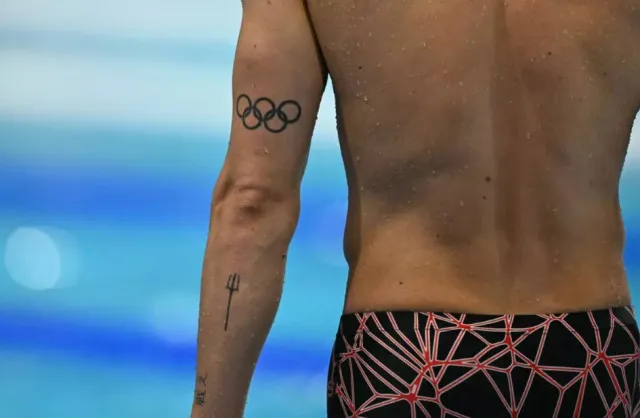
Athletes like Team GB swimmer Josef Craig and USA athlete Rudy Garcia-Tolson faced challenges due to this rule.
They often had to cover their tattoos during competitions.
With the new policy, athletes will no longer need to hide their Olympic ring tattoos.
“Athletes with such tattoos do not need to cover them up,” Craig Spence, the chief brand and communications officer for the IPC, stated.
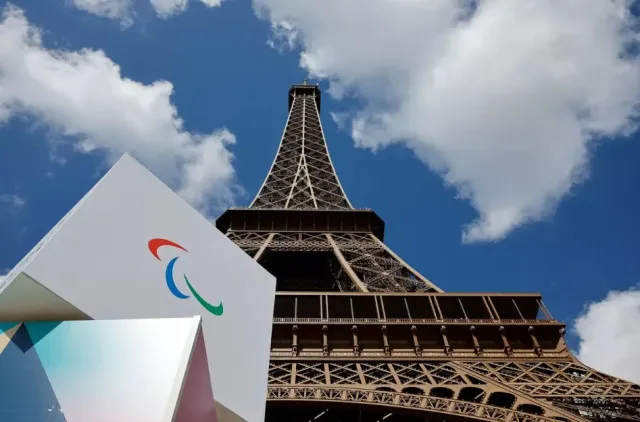
Athletes can proudly show their Olympic ring tattoos
Spence confirmed that this rule is now considered outdated.
He emphasized that athletes can proudly display their tattoos without fear of repercussions.
This change has been welcomed by many, as it reflects a more progressive approach to athlete expression.
The decision fits a bigger trend in sports where branding and personal identity are changing.
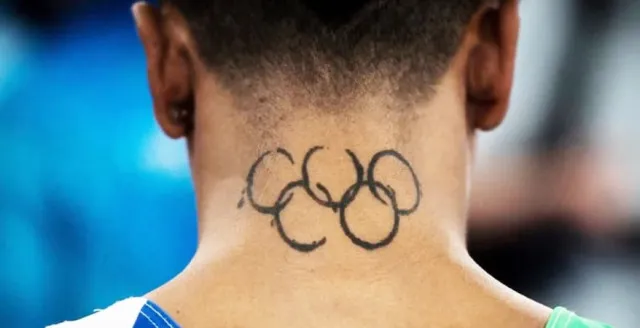
Athletes now use tattoos to show their journeys, beliefs, and experiences.
Letting them express this part of their identity can boost their connection to the sport and inspire them more.
“We will not be banning athletes for Olympic rings tattoos at the Paris 2024 Paralympic Games. This is an old policy,” IPC confirmed.